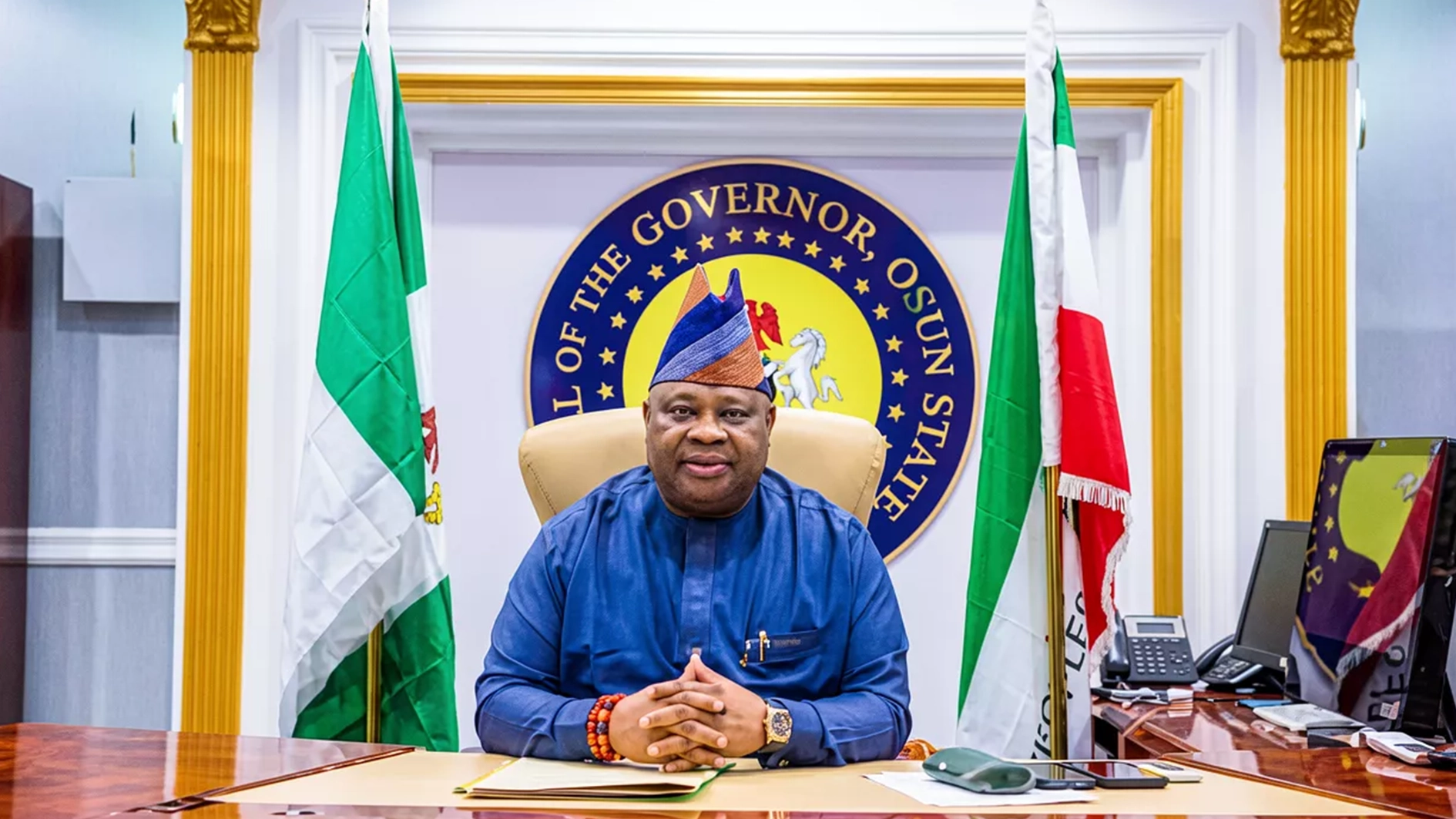Health and technology experts have called for full adoption of telemedicine and digital health solutions to close Nigeria’s widening healthcare gaps, especially the shortage of medical personnel across the country.
The call was made on Tuesday at an Exclusive Public and Private Sector Stakeholders Engagement Roundtable, with the theme: “Telemedicine and Digital Health Access in Africa,” held in Abuja.
With a doctor–patient ratio of 1:4,000, far below the World Health Organisation’s recommended 1:600, millions of Nigerians continue to struggle to access timely medical attention.
Delivering the keynote address, the Minister of Health and Social Welfare, Prof. Muhammad Ali Pate, said technology will only transform healthcare if Nigeria strengthens its digital infrastructure.
The Minister, represented by the National Director of the National Centre for Artificial Intelligence and Robotics (NCAIR), Olubumi Ajala, lamented that millions of Nigerians still have no access to the internet, which limits the deployment of digital health tools in rural communities.
“We still have about 20 million Nigerians that have no access at all to the internet. For technology like this to really have that transformation, we must have connectivity,” the Minister said.
He explained that the Federal Government is addressing the gaps through the Project 7-7-4 initiative, which aims to ensure every local government area has stable internet access.
He also noted ongoing work on a 90,000 km fibre project supported by the World Bank and private sector partners, intended to expand national broadband backbone capacity to over 120,000 km in three years.
Pate added that the government is also developing a national data exchange, which will allow secure interoperability among agencies without centralising citizens’ information.
“We have the ID, we have the payment. The only missing link is the exchange. Based on access and permission, people like you can be able to access what you need. Collaboration will come in,” he stressed.
In his remarks, the Chairman of the Uniccon Group of Companies, Prof. Chuks Ekwueme, said digital health is becoming unavoidable as Nigeria faces a critical shortage of medical personnel.
“Right now we are in the ratio of one doctor to 4,000 patients. Even if you double the number of doctors, we still don’t meet the WHO recommendations,” he stated.
Ekwueme said this challenge inspired the development of MySmartMedic, an AI-driven telemedicine system built to understand African patient patterns and provide advisory support for common health concerns.
“Every individual seeks medical attention not necessarily to get surgery or medication. Sometimes it’s advisory. We’re bridging that gap of advisory by about 60%. The remaining 40% are human doctors on the platform that can consult from the comfort of their homes,” Ekwueme stressed.
He added that the platform reduces the pressure on doctors in urban centres while extending access to patients in rural areas, some of whom have never seen a doctor. He noted that the system includes an app with specialists across dermatology, cardiology, paediatrics, gynaecology, and more, as well as electronic medical records that can be shared across borders.
“We also included hardware because no doctor will see a patient without knowing the vitals. The device can run even with limited connectivity, using edge computing. Even a market woman can afford it,” he clarified.






